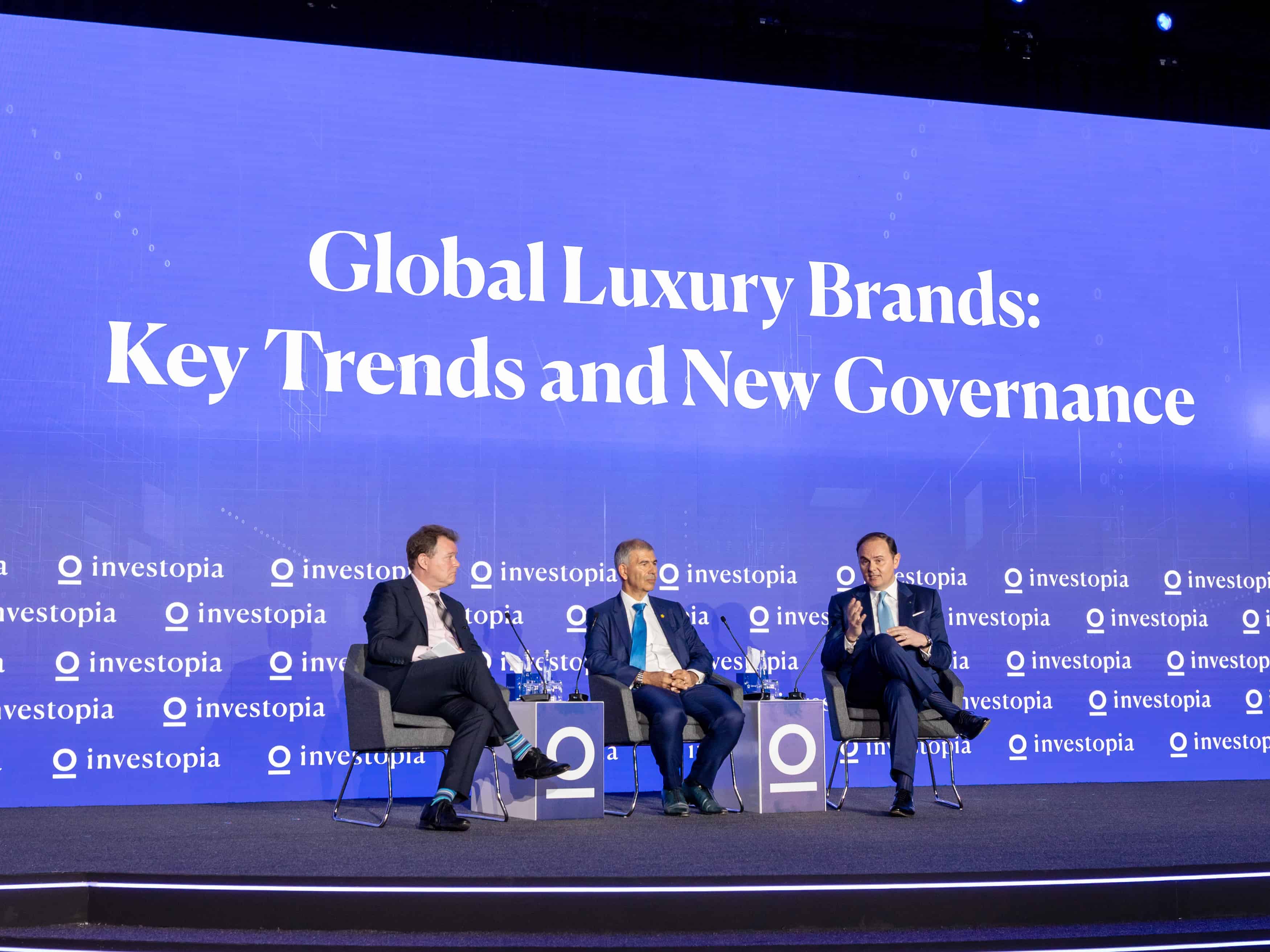Abu Dhabi, March 3 – Global luxury goods market surged 21 percent to $1.38 trillion in 2022, Chairman of Altagamma Matteo Lunelli said at the Investopia Conference held at the UAE capital.
Speaking at the panel discussion itled “Global Luxury Brands: Key Trends and New Governance,” Lunelli said that luxury brands recovered considerably after the pandemic.
The session was also attended by the CEO of Chalhoub Group Patrick Chalhoub.
They discussed the rise of e-commerce as well as future growth and investment prospects.
Chalhoub said that he has seen the growth of his business and its associated brands in the region and emphasised on how quickly the fashion and cosmetics industry is advancing globally.
It is estimated that 400 million people consume luxury products worldwide and that number will reach 500 million by 2030.
A study recently released by IMARC Group has revealed that the UAE luxury market will reach $ 5.2 billion by 2027, exhibiting a growth rate (CAGR) of 6.68 percent during 2022-2027.
The Middle East is expected to become one of the fastest growing markets for luxury in 2023, according to Barclays Plc analysts, with the owners of Louis Vuitton and Cartier best placed to benefit, Bloomberg reported early this year.
Bank analysts justified their upbeat assessment of the region by pointing to strong oil prices that support buoyant economic conditions. Dubai’s sustained focus on drawing tourists and foreign residents as well as its diversification away from the oil industry is also expected to boost luxury expenditure.
According to the broker, LVMH Moet Hennessy Louis Vuitton SE, the owner of Louis Vuitton and Christian Dior, and Richemont, which makes Cartier jewellery and watches, will be beneficiaries of the region’s luxury growth.
The Arab Gulf has mostly escaped the economic slump that has affected much of Europe, the US, and China. In the first nine months of 2022, Dubai, a member of the United Arab Emirates, had its gross domestic product grow by an average of 4.6 percent annually and welcomed approximately 13 million tourists through November.








